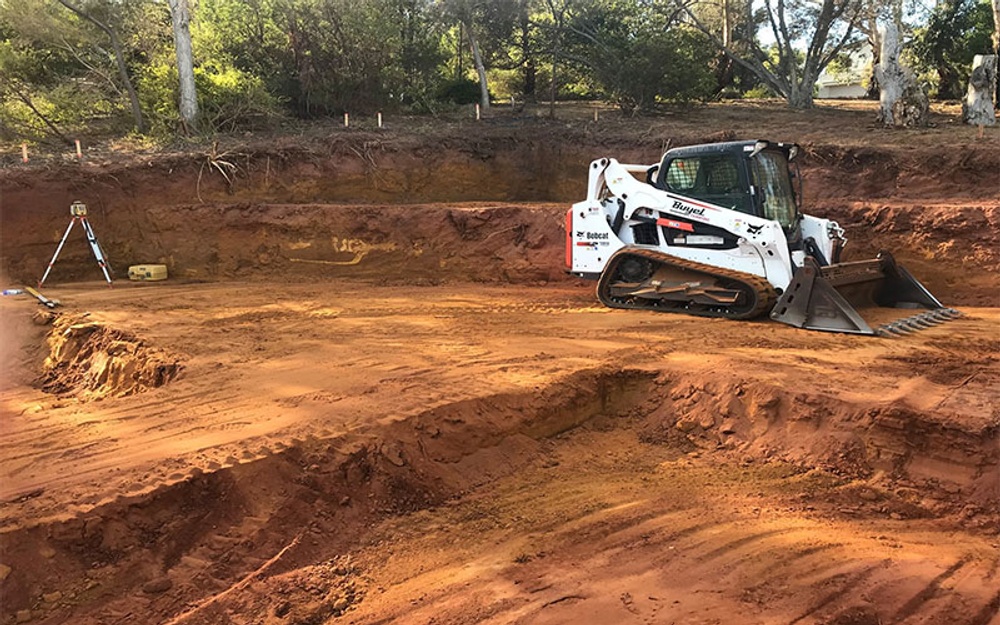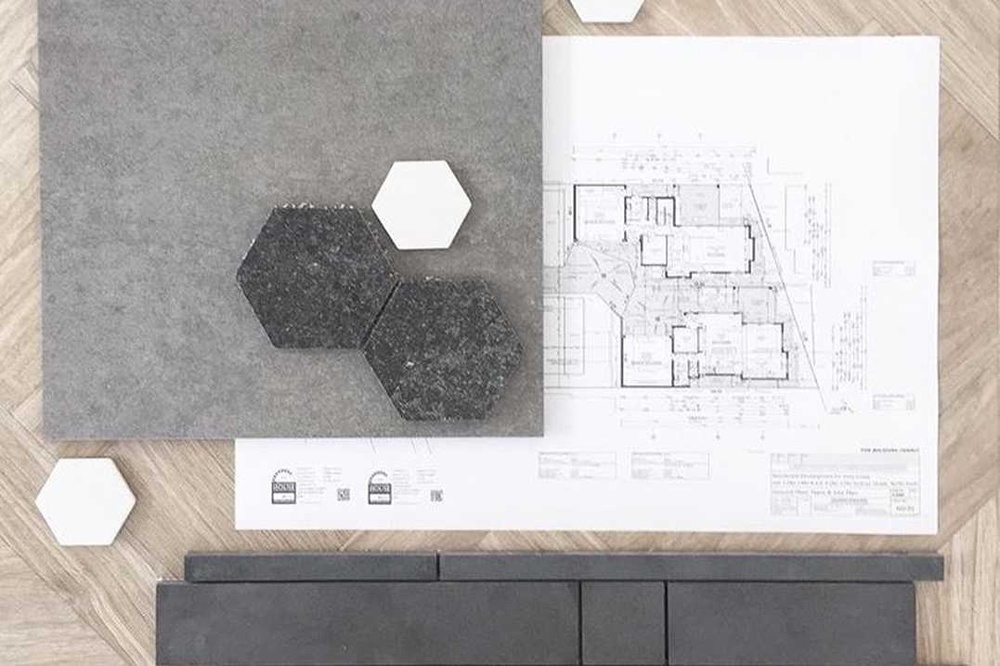One of the most common reasons that people blow their budget when building their dream house is not reading their contract thoroughly, or not completely understanding exactly what all the fine print means. Unfortunately, according to the law, these reasons are no excuse to ignore the conditions of your contract.
So, when it comes to signing your building contract, make sure you read it word for word and that you understand all the technical terms that are used in it. Even a ‘fixed price’ contract doesn’t guarantee a set cost for your build.
‘Provisional Sum’ and ‘Prime Cost’
Two key terms that pop up in building contracts a lot are ‘provisional sum’ and ‘prime cost’.
A provisional sum is an estimated cost of an aspect of the job, such as excavation. However, this is just a prediction as there may be unforeseen circumstances that affect the price, such as what is found beneath the surface of an excavation site.

Source: Pivot Homes
The prime cost refers to the budget allocated for items or products the project may require. As such, these products can be accounted for in the overall budget without knowing the exact brand or model. However, the actual cost of these items may be more than the listed prime cost according to availability and market price.

Ultimately, finding these terms in your contract may mean that you have to end up paying far more than you predicted. That’s why it’s important to carefully read your building contract and avoid any that include provisional sums or prime costs.